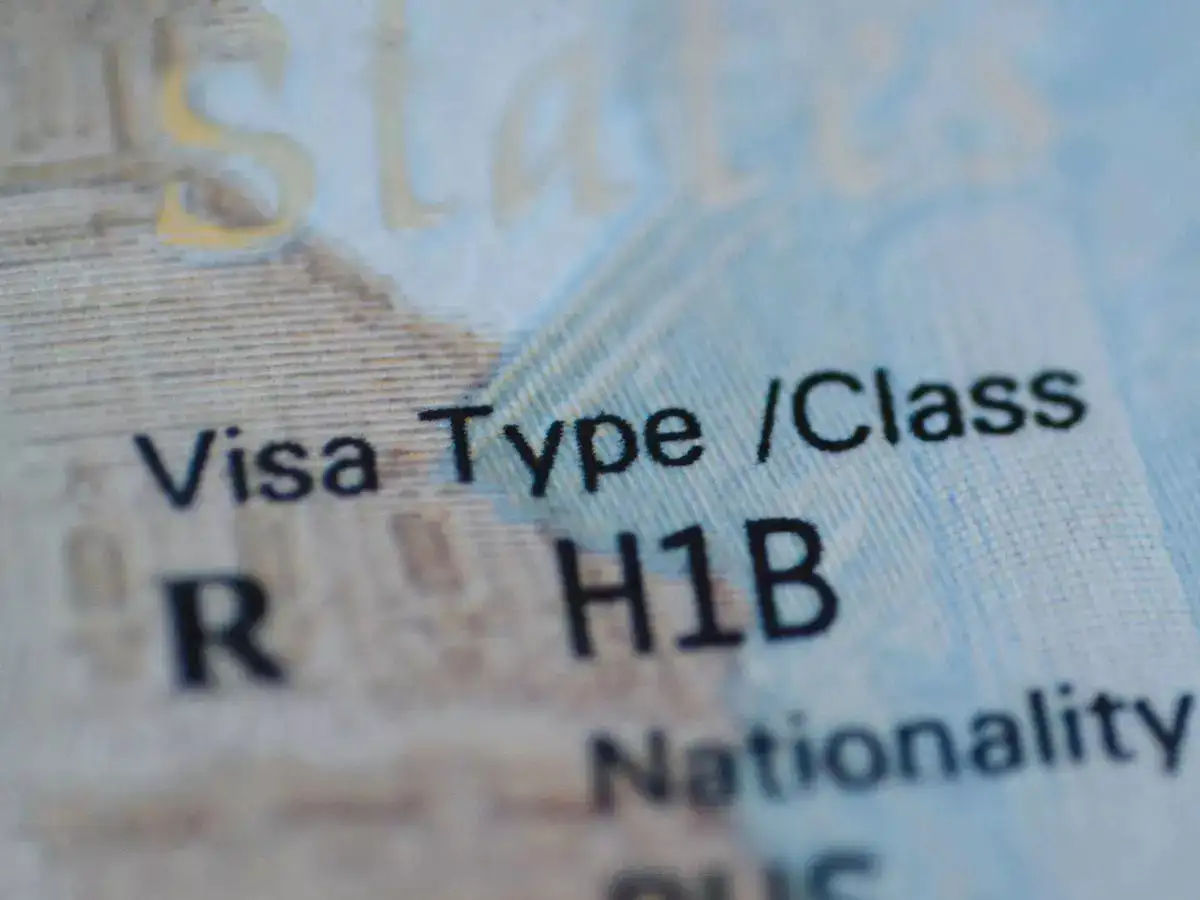

Indian IT companies are strategically reducing their dependence on H-1B visas to accomplish their work in the United States, adapting to evolving global dynamics and stricter immigration policies. This shift involves a multi-pronged approach, including increased local hiring, nearshore centers, and diversification into new growth sectors.
Driving Factors Behind the Shift
Several factors contribute to this change in strategy. Rising costs and increasingly complex immigration policies surrounding the H-1B visa program have made it less attractive for Indian IT firms. The Trump administration's stricter scrutiny of the H-1B visa program, aimed at preventing the displacement of American workers, has further accelerated this trend. Moreover, there's growing sentiment among some US officials who view the H-1B program as a "scam" that allows foreign workers to fill American job opportunities. This environment has prompted Indian IT companies to seek alternative approaches to meet their workforce needs in the US.
Strategies for Reducing H-1B Reliance
Impact and Implications
The reduced reliance on H-1B visas has several implications. It allows Indian IT companies to become more integrated into the American economy, contributing to job creation and local economic development. Indian IT firms have already created 91,000 jobs in the USA. Furthermore, by focusing on upskilling and training, these companies are helping to build a diverse and competitive US workforce. However, some experts caution that potential policy changes, such as the proposed HIRE Act, could create new challenges for the Indian IT sector. This bill proposes a 25% excise tax on payments made by US companies to foreign entities for services consumed in the US, which could significantly impact the cost structure of global outsourcing.
The Broader Context
While Indian IT firms are reducing their H-1B visa dependence, US tech giants like Amazon and Microsoft continue to sponsor these visas to attract Indian talent, particularly for AI development. This reflects the ongoing demand for specialized skills in emerging technologies and the importance of global talent mobility. The shift also highlights the increasing role of American companies among the top applicants for H-1B visas.
Despite potential headwinds from stricter visa rules and proposed legislation, the Indian IT sector has demonstrated resilience and adaptability. By proactively embracing new strategies and investing in the US talent ecosystem, Indian IT companies are positioning themselves for long-term success in the evolving global landscape. This transformation also aligns with India's growing focus on digital self-reliance and its aspiration to become a global tech leader.